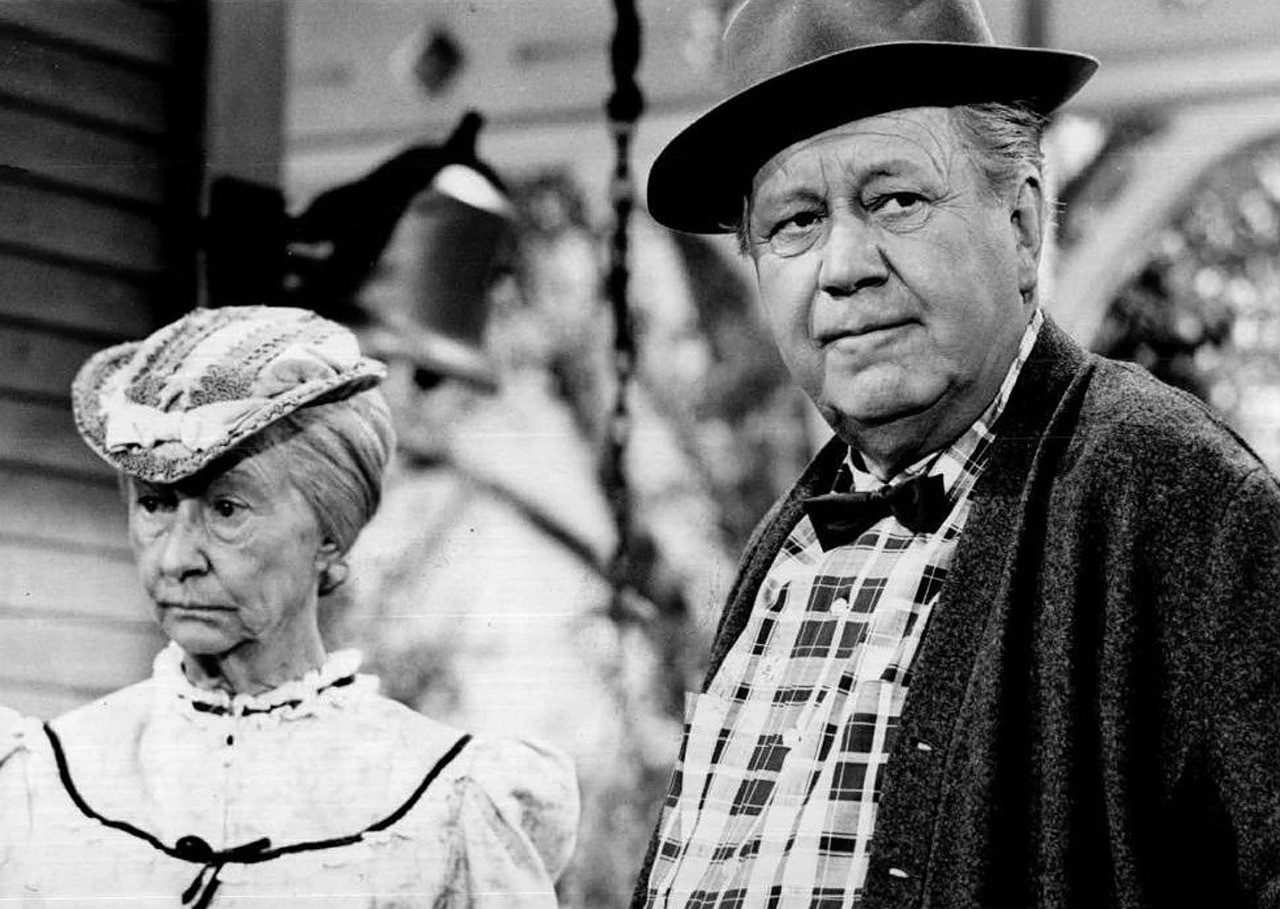
A common question that I have heard all my life is, “Does art imitate life or does life imitate art?” This question usually comes up when people are discussing whether television creates society’s behavior or if television is a reflection of society’s behavior.
After years of contemplation about this question, I have decided it is both.
Leave It To Beaver was not a reflection of life in the 1950’s – though it was likely a reflection of what many in society wished life was like, the idea of ‘perfection.’ It was also both entertainment and educational because it included lessons and discussions of those lessons.
Beverly Hillbillies was not a reflection of life in the 1960’s and 1970’s, but among the craziness, lessons were everywhere – and Jed Clampett was the voice of reason that often summed up the lesson at the end.
Nor were Eight is Enough and The Brady Bunch a reflection of life in the 1970s and 1980s – though they were a reflection of both an idea of ‘perfection’ and the changing family dynamics. Single parents were becoming more common, as were blended families. Again, they were entertainment as well as educational due to lessons and discussions of the lessons.
Television shows have brought various issues to society to discuss or consider: interracial relationships, homosexuality as well as diversity among homosexuals, breaking stereotypes of many groups, discrimination, sexism in work and personal lives, teen pregnancy, rape, diseases, drugs, bullying, death, etc.
Good Times and The Jeffersons changed the way society viewed black people and black families – though, being a comedy, it arguably also created a lot of new stereotypes. Both were shows of the 1970’s. Prior to that, very few black people were on television – and the number in ‘starring roles’ could be counted on one hand.
Murphey Brown had several unconventional and previously taboo situations – the most famous being the first strong female fictional character on American television to proudly birth a baby out of wedlock. The season created heated conversations from the watercooler to the White House about family values and women’s liberation.
Some might say I am reading too much into television, that it is just entertainment.
I don’t think so.
While ‘entertainment’ television might not be a direct reflection of real society, it does influence society. For good or bad, television changes how we think about real life situations – whether consciously or unconsciously.
Neither are the shows of today, with the parents struggling with adulthood and the kids being smarter than the parents, a reflection of society and families. Today, most shows are just entertainment, very few lessons and virtually no discussion of lessons.
It could equally be argued the lessons are still there but the ‘spoon-feeding’ of how we should interpret the lessons, through the lesson discussions, is missing.
I am not advocating that television is bad or that it should be changed. My opinion is that the entertainment also provides opportunities for each of us to reflect on what we like, what we don’t like, and possibilities to consider how we want to choose to show up in life. Even ‘silly’ comedies are full of potential.
Anytime we have strong feelings about a ‘character,’ good or bad, we can think about the traits to which we are reacting.
Question whether we have those traits.
Question whether we want those traits.
And question why: because we value them or because we have been taught to value them? Because we lack them? Because we have been taught to oppress them?
But ‘turning off’ our brain and just being entertained without any thought or reflection robs us of those extraordinary opportunities.
And that is a choice too.